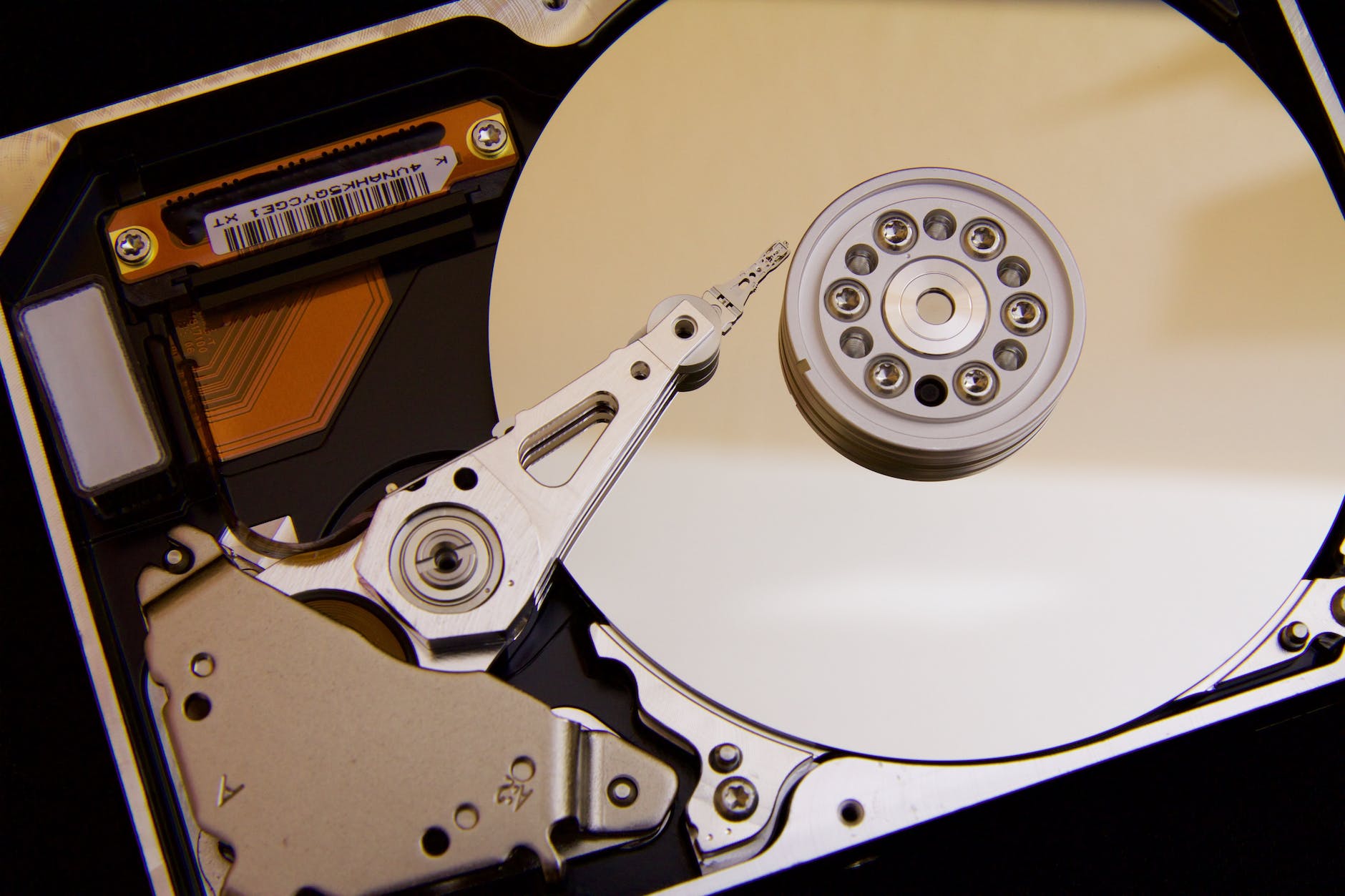Introduction
In the realm of storage solutions, the classic Hard Disk Drive (HDD) has long been the go-to option for storing data. However, with rapid technological advancements, the Solid State Drive (SSD) has emerged as a revolutionary alternative, transforming the storage landscape. In this article, we will delve into the advantages of SSD over HDD, highlighting the performance improvements and benefits that make SSDs a game-changer for modern computing.

1. Speed: The Need for Speed
One of the most striking advantages of SSDs over HDDs is their exceptional speed. While HDDs use spinning disks and mechanical arms to read and write data, SSDs utilize NAND flash memory, enabling lightning-fast access times and data transfer rates. Booting up your system, launching applications, and accessing files become significantly quicker with an SSD. In fact, SSDs can outpace HDDs by up to 5 times in terms of data transfer speed, resulting in a smoother and more efficient computing experience.
Comparison: A system equipped with an HDD takes an average of 30-40 seconds to boot up, while an SSD-equipped system can do the same in as little as 10 seconds.
2. Durability and Reliability: Solid State Resilience

SSDs have a distinct advantage when it comes to durability and reliability. Traditional HDDs are susceptible to physical damage due to their moving parts. In contrast, SSDs are built without any mechanical components, making them resistant to shock, vibrations, and even minor drops. This robustness not only ensures a longer lifespan for your storage drive but also reduces the risk of data loss due to physical mishaps.
Comparison: In a simulated drop test, an HDD failed to function after a 2-foot drop, while an SSD continued to operate seamlessly after a similar drop.
3. Energy Efficiency: Battery Life Savior
SSDs are remarkably energy-efficient compared to their HDD counterparts. Since SSDs don’t require power to spin disks and move mechanical arms, they consume significantly less energy during operation. This energy efficiency translates into longer battery life for laptops and mobile devices, enabling users to work or play without being tethered to a power source.
Comparison: A laptop with an HDD may experience a battery life of around 4-5 hours, while the same laptop equipped with an SSD can last for 7-8 hours under similar usage conditions.
4. Silent Operation: Whispers of Technology

The noise produced by spinning disks and mechanical components in HDDs can be distracting and intrusive, especially in quiet environments. SSDs, on the other hand, operate silently since they have no moving parts. This makes them an ideal choice for individuals who value a peaceful and noise-free computing environment.
Comparison: An HDD-equipped system generates an audible noise level of around 25-30 decibels, while an SSD-equipped system operates nearly silently at less than 1 decibel.
Conclusion
As technology continues to advance, the advantages of SSDs over HDDs have become increasingly apparent. From their remarkable speed and enhanced reliability to energy efficiency and silent operation, SSDs have redefined the standard for storage solutions in modern computing. While HDDs certainly had their era, it’s evident that SSDs have emerged as the clear winners in terms of performance, durability, and overall user experience. Embracing the SSD revolution means unlocking a world of possibilities and harnessing the power of technology to its fullest.





Leave a Reply